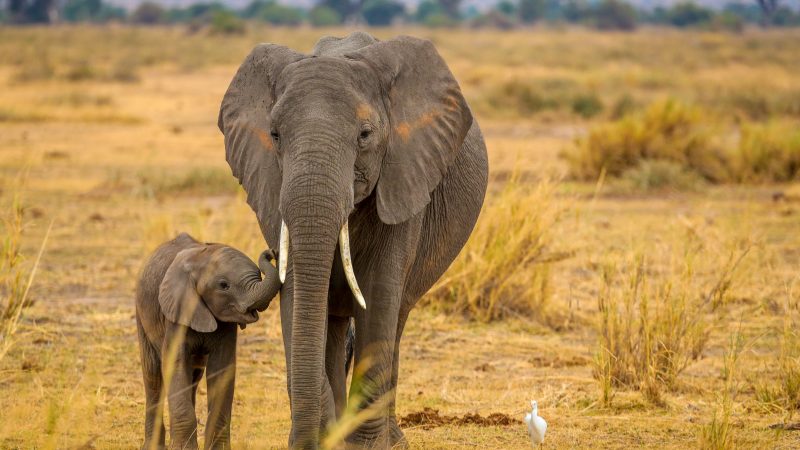
The trophy hunting (import prohibition) bill is currently in the House of Lords, awaiting a date for committee stage. Backed by both the government and Labour, this private members bill also has widespread support from the public who want an end to hunting trophies being brought into our country.
France and Australia both banned the import and export of lion hunting trophies in 2015. The year after, the Netherlands banned trophy imports of more than 200 species. And a few years ago, South Africa unveiled plans to terminate its multimillion-dollar lion-breeding industry, which supplies lions for trophy hunts, tourism and traditional medicine.
Arguments in favour of trophy hunting do not stand up to scrutiny
During the initial debates in the Lords, a small number of peers argued that trophy hunting supports conservation and local communities. The reality, however, is that it can have detrimental effects on wildlife populations, especially when conducted irresponsibly or without proper regulation. Some endangered or threatened species can be targeted – exacerbating their decline and hindering conservation efforts.
Trophy hunting has a history of mismanagement based on inadequate data, unsustainable hunting quotas and a lack of transparency. There is also insufficient evidence that trophy hunting contributes to conservation.
The economic benefits are often overstated, with only a small portion of the revenue reaching local communities or programmes. More’s the point, it is entirely negligible compared with the damage inflicted by the industry through the irreversible loss of natural resources. The argument that trophy hunting is necessary for conservation funding simply does not stand up to scrutiny. It is also counterproductive: why kill something you supposedly want to protect?
The activity can disrupt ecosystems – contrary to hunting groups’ claims
Trophy hunting can disrupt the delicate balance of ecosystems. It is common for hunters to find the largest, strongest male. This affects the gene pool and leaves each generation weaker, making it more difficult for them to survive.
There is a wide variety of targets for trophy hunters. However, the most common are the ‘African big five’ – the African elephant, cape buffalo, African leopard, African lion and the black rhino. Four of these majestic animals are currently considered endangered.
The adult male lion is the most sought-after by wealthy foreign hunters. Approximately 600 are killed every year on trophy hunts, including those in populations already in decline from other threats. So, while hunting groups often claim that a small amount of controlled trophy hunting does not harm populations, the opposite is true.
There are strong and diverse arguments against the practice
Hunting also directly competes with and undermines truly sustainable and economically important revenue generation from, for example, eco-tourism and photography. These alternatives can provide funding that covers the real costs of conservation and effective anti-poaching work, as well as providing well-paid permanent jobs for local people without causing harm to animals.
As well as being cruel and unjustifiable, trophy hunting can in fact act as a cover for illegal poaching. As Save African Animals’ report The Myth of Trophy Hunting says: “Opening up even a limited legal trade creates a smokescreen for poachers which is almost impossible to police.”
There have also been calls for a licensing exemption to allow the continued import of certain trophies. In the United States, for example, licences can be awarded under its Endangered Species Act. But a system to assess whether import permits should be issued for hunting trophies from threatened species would be heavily, if not exclusively, reliant on generally unreliable data and reports from exporting countries.
The UK must join others around the globe in banning imports
Trophy hunting is not helping to save our planet. It is driven by the hunter’s desire to kill, then boast about it. Killing animals for ‘sport’ or as a form of entertainment is unnecessary and cruel. It raises questions about our responsibility towards other living beings.
But society is changing. As attitudes towards animals and conservation evolve, there is growing pressure for governments to re-evaluate their position on outdated practices. Labour supports the ban on importation of hunting trophies, and it is time that the UK joined others around the globe and banned this practice for good.




More from LabourList
‘Labour must confront the crisis of first past the post before it’s too late’
Unite to debate affiliation with Labour Party at conference next year
Miliband tops LabourList Cabinet league table, with gender divide in PM approval